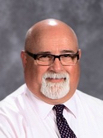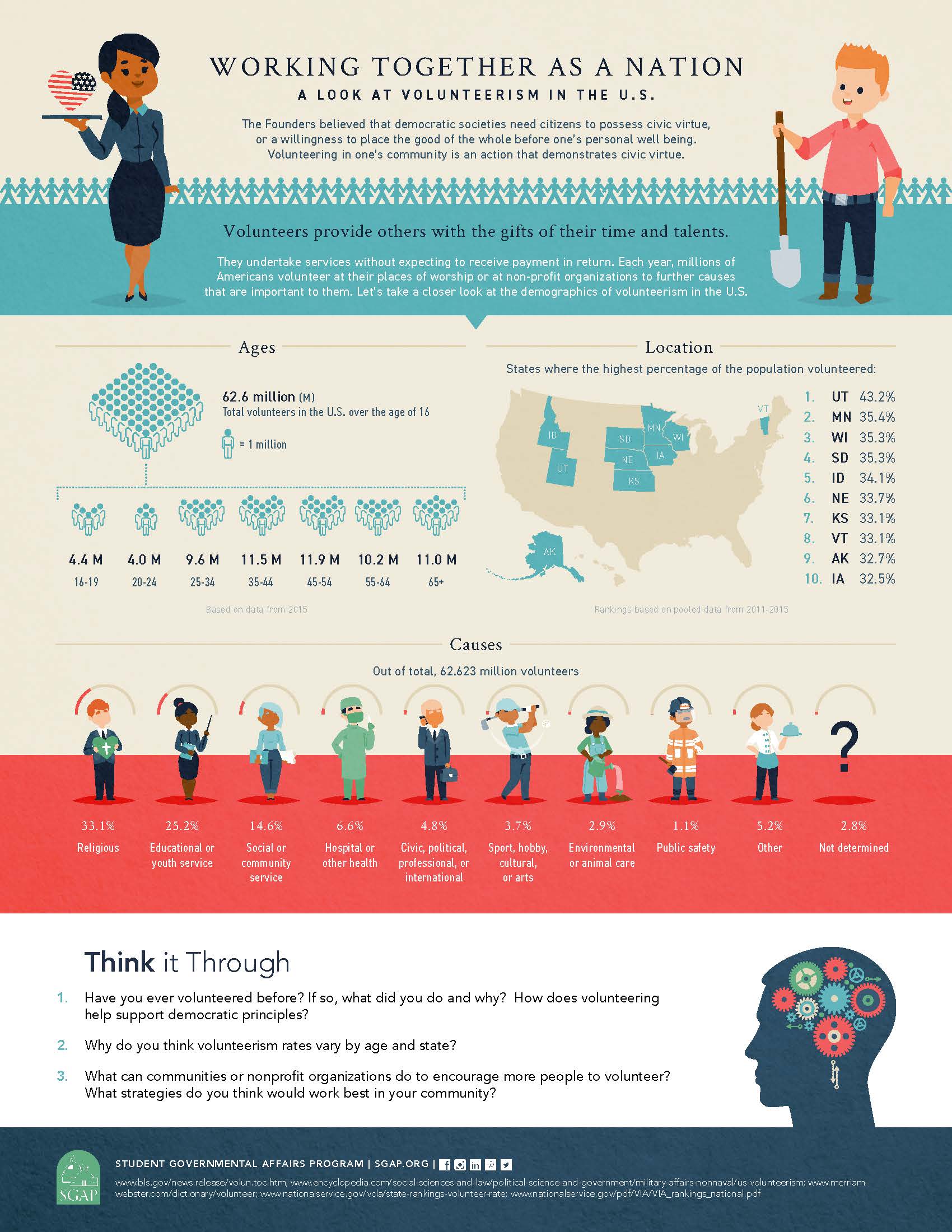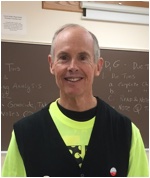
Vital Stats
Name: David Weikel
School Name: Notre Dame High School
City, State: Chattanooga, TN
Subject(s) Taught: Civics, AP Government and Politics, Public Speaking
Grade(s) Taught: 9, 11 and 12
No. of Years Teaching: 14
Honors: Board of Directors for Freedoms Foundation of Valley Forge, Chattanooga Chapter
As an educator for grades 9, 11 and 12 at Notre Dame High School – a Roman Catholic college preparatory school in Chattanooga, Tennessee – David Weikel says he devotes much of his time to teaching Civics and AP Government and Politics. Although he has 14 years of teaching experience, this is his first year teaching AP Government and Politics. “This is a particularly eventful time to be teaching government to students,” Weikel says. “And that will probably continue for some time. My teaching philosophy is to make learning fun while still getting the message across to my students.”
Encouraging Active Citizenry
Weikel’s approach to managing his classroom is seasoned and reflects his nearly 15 years’ experience in teaching. “My students do not have assigned seats, nor do they have to ask to go to the bathroom. These freedoms cause them to feel more like adults and they perform better than if they were treated like children.” Although flexible in his teaching style, Weikel’s firm commitment to educating students about the importance of active citizenry is evident. He says he uses the SGAP program in his AP classes to engage students in discussion about current events in government and politics. “In large part due to SGAP, I was able to get 42 new students to register as first-time voters in the fall,” Weikel says. “Many of my students will be eligible to vote for their first time and they want to be part of the solution.”
Teacher’s Takeaway
What’s the one thing Weikel hopes students will remember about his AP Government and Politics class? “The takeaway from my class that I want students to remember is to vote in all elections,” he says. “And that’s not just the national ones, but voting at every level and despite who’s running.” Looking ahead, what does Weikel think social studies teachers should focus on? “In the future, we social studies teachers need to continue to teach these issues to our students,” Weikel says. “We need to ingrain in them that they are the future leaders of our nation.”



